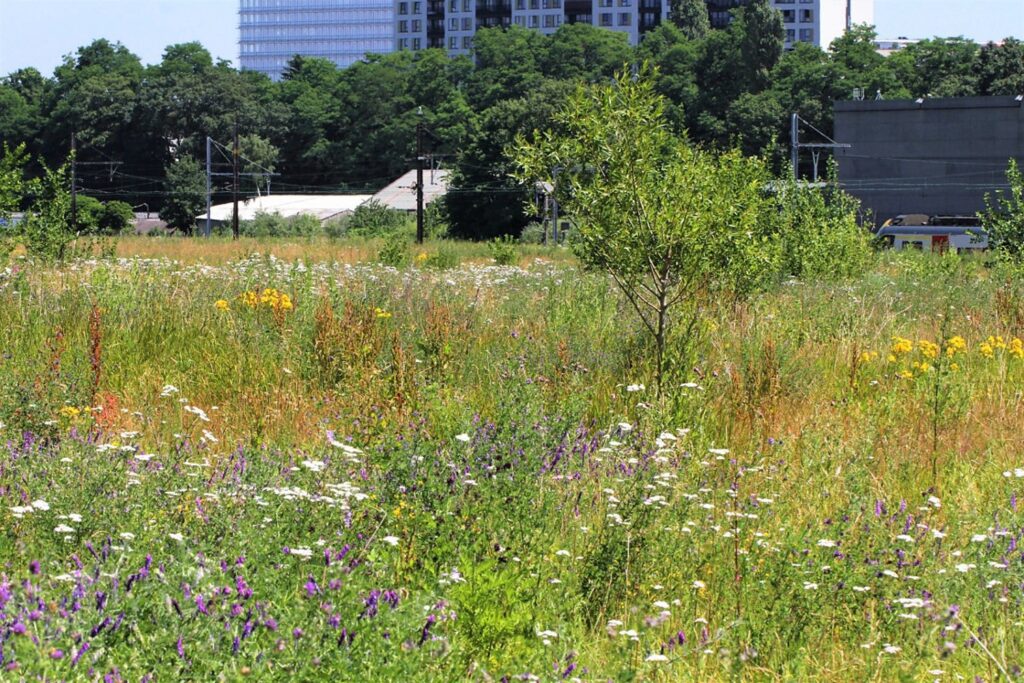From Monday, Belgian residents are invited to express their views on Belgium's new national biodiversity strategy (SNB).
The strategy is an updated roadmap which aims to safeguard flora and fauna, both terrestrial and aquatic. It highlights the significant role of private sectors in maintaining health, food supplies, and economic development.
Habitat fragmentation, pollution, overexploitation of natural resources, the spread of invasive alien species, and climate change are all threats to life on earth and under the sea. Preserving drinking water, varied and sufficient sources of food (fish, crops, and edible plants, livestock), and the possibility of treatment (plants and microbes being the basis for the production of medicines) are vital issues.
The updated Belgian strategy aims to align national objectives with the Kunming-Montreal global framework for biodiversity and the EU's biodiversity strategy for 2030. Its primary challenge is to engage and encourage the private sector to assess, monitor, and report on the risks to biodiversity posed by its activities.
"We need to make (businesses) aware that they too depend on nature for everything they create," stresses Marie Baeckelandt, biodiversity expert at the National Focal Point of the Convention on Biological Diversity.
Guidelines, workshops, and more will need to be developed for both the regions (mainly responsible for environmental issues) and the federal government to support this transition, says the specialist.
Related News
- EU and Belgian elections: What's at stake for climate policy?
- Climate change led to 26 extra days of extreme heat in 12 months, Red Cross warns
Citizens can make their contribution by taking part in the public consultation on this forthcoming framework.
In concrete terms, anyone, individually or on behalf of an organisation, can consult the new strategy on the Ministry of Health website. Individuals can then give their opinion by filling out the form online or by post by 24 September at the latest.
The responses will then be analysed and taken into account in drawing up the final version of the strategy. Respondents' personal data will only be used to inform participants of any points that have changed before being deleted, the ministry points out.

